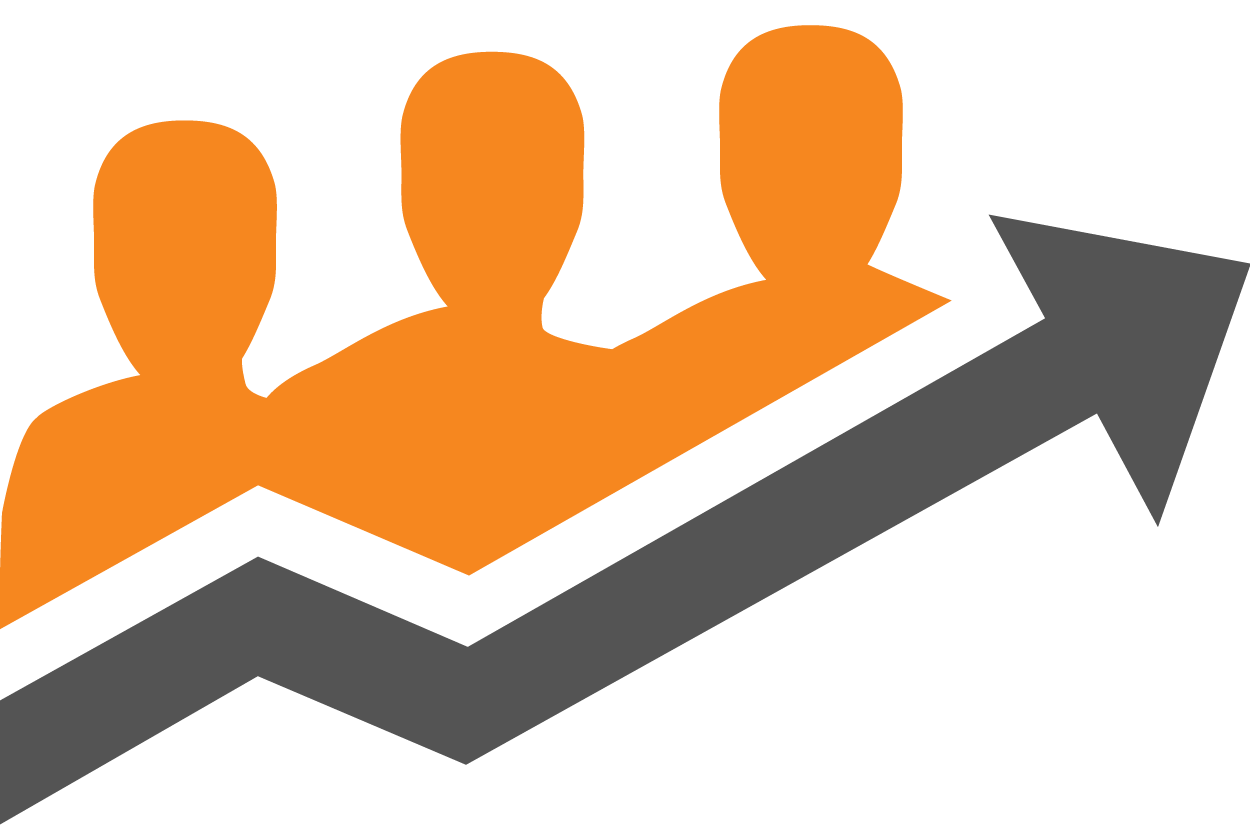Korelasi Antara Self-Efficacy dengan Kompetensi Klinik Pada Mahasiswa Keperawatan Dalam Praktik Klinik
Abstract
Background: Clinical learning has a very important role in determining the quality of nursing students' learning achievements, because clinical knowledge and skills are the main foundation in clinical education. Nursing students are expected to have competency in the knowledge and skills to provide high quality and safe nursing care to patients, however there are still many nursing students who feel they are not ready to become nurses in the future because they feel they are not yet competent in carrying out nursing care to patients. The aim of the research is to see the correlation between self-efficacy and the clinical competence of Nurse Professional Education students. Methods: This research used correlation research and the sample in this research were clinical practice students of the Nursing Professional Education who had undergone 2 clinical learning stages in semester 1 which were taken using a total sampling technique. Data analysis using SmartPLS. Results: From the research results, it was found that self-efficacy had a positive effect on clinical competence (P Value 0.000, T Statistics 14.273, sample mean 0.686). Self-efficacy influences clinical competence by 46.3% (R Square 0.463), the remainder is influenced by other factors not studied. Conclusion: These findings emphasize the importance of self-efficacy in forming and improving students' clinical competence. By having high self-confidence in their abilities, students are more likely to be able to apply their knowledge and skills effectively in clinical practice.
Keywords
Full Text:
PDFReferences
Abdal, M., Alavi, N. M., & Adib-hajbaghery, M. (2015). Clinical self-efficacy in senior nursing students : a mixed- methods study. 4(3). https://doi.org/10.17795/nmsjournal29143
Alavi, N. M. (2014). Self-efficacy in nursing students. Nursing and midwifery studies, 3(4), 9–10. https://doi.org/10.17795/nmsjournal25881
Banan, H. A. E. S., & Elsharkawy, N. B. (2017). Undergraduate nursing students’ and clinical instructors’ perceptions of the characteristics of an effective clinical instructor at the faculty of nursing, cairo university. American Journal of Nursing Science, 6(3), 185. https://doi.org/10.11648/j.ajns.20170603.16
Bandura, A. (1993). Perceived self-efficacy in cognitive development and functioning. Educational Psychologist,.
Bandura A. (1997). Self-efficacy: the exercise of control. In W H Freeman/Times Books/ Henry Holt & Co.
Cheraghi, F., Hassani, P., Yaghmaei, F., & Alavi-Majed, H. (2009). Developing a valid and reliable self-efficacy in clinical performance scale. International Nursing Review, 56(2), 214–221. https://doi.org/10.1111/j.1466-7657.2008.00685.x
Darwin, M., Mamondol, M. R., Sormin, S. A., Nurhayati, Y., Tambunan, H., Sylvia, D., Adnyana, I. made D. M., Prasetiyo, B., Vianitati, P., & Gebang, A. A. (2021). Metode Penelitian Pendekatan Kuantitatif. Media Sains Indonesia.
Duggleby, W., Cooper, D., & Penz, K. (2009). Hope, self-efficacy, spiritual well-being and job satisfaction. Journal of Advanced Nursing, 65(11), 2376–2385. https://doi.org/10.1111/j.1365-2648.2009.05094.x
Ingham, B. (2014). A nurses’ guide to the critical reading of research. Australian Journal of Advanced Nursing,. Journal of the Royal Army Medical Corps, 130(2), 100–108. https://doi.org/10.1136/jramc-130-02-07
Jayanti, N. K. A. E., Krisnawati, K. M. S., & Devi, N. L. P. S. (2021). Hubungan self-efficacy terhadap kecemasan mahasiswa keperawatan menghadapi ujian praktik laboratorium. Coping: Community of Publishing in Nursing, 9(3), 287. https://doi.org/10.24843/coping.2021.v09.i03.p07
Karantzas, G. C., McCabe, M. P., Mellor, D., Von Treuer, K., Davison, T. E., O’Connor, D., Haselden, R., & Konis, A. (2016). Organizational climate and self-efficacy as predictors of staff strain in caring for dementia residents: A mediation model. Archives of Gerontology and Geriatrics, 66, 89–94. https://doi.org/10.1016/j.archger.2016.05.006
Khan, B. . (2011). Student’s preceptions of clinical teaching and learning strategies : a pakistani perspective. Nurse Educ Today, 32(1), 85–90.
Lee, T. W., & Ko, Y. K. (2010). Effects of self-efficacy, affectivity and collective efficacy on nursing performance of hospital nurses. Journal of Advanced Nursing, 66(4), 839–848. https://doi.org/10.1111/j.1365-2648.2009.05244.x
Moeti M., S. N., & Velden. (2004). Preceptions of the clinical competence of newly registered nurses in the North West Province Curationis. 27(3), 72–84.
Mohamadirizi, S., Kohan, S., Shafei, F., & Mohamadirizi, S. (2015). The relationship between clinical competence and clinical self-efficacy among nursing and midwifery students. International Journal of Pediatrics, 3(6), 1117–1123. https://doi.org/10.22038/ijp.2015.5222
Nursalam, N., & Efendi, F. (2014). Pendidikan dalam keperawatan (Issue January 2008).
Octaviani. (2021). Hubungan antara kompetensi preceptor dengan pencapaian kompetensi komunikasi mahasiswa profesi ners: literature review. Borneo Student Research, 3(1), 12–20.
Padilha, J. M., Ribeiro, A., Rosa, J., Marques, D., & Machado, P. P. (2020). Clinical virtual simulation as lifelong learning strategy—nurse’s verdict. Clinical Simulation in Nursing, 47, 1–5.
Salim, F., & Muhammad Fakhrurrozi, M. (2020). Efikasi diri akademik dan resiliensi pada mahasiswa. Jurnal psikologi, 16(2), 175. https://doi.org/10.24014/jp.v16i2.9718
Sand-Jecklin, K. (2009). Assessing nursing student perceptions of the clinical learning environment: refinement and testing of the SECEE inventory. Journal of Nursing Measurement, 61(3), 149–158. https://doi.org/10.1097/NNR.0b013e318253a750
Sedgwick, M., & Harris, S. (2012). A critique of the undergraduate nursing preceptorship model. Nursing Research and Practice, 2012, 1–6. https://doi.org/10.1155/2012/248356
Snyder, M. (1993). Critical thinking: A foundation for consumer-focused care. The Journal of Continuing Education in Nursing, 15(2), 148. https://doi.org/10.24853/jkk.15.2.148-160
Song, M., & Yang, N. (2016). Impact on self-efficacy, self-direcrted learning, clinical competence on satisfaction of clinical practice among nursing students. 132, 124–129. https://doi.org/10.14257/astl.2016.132.22
Sudono, B., Setya, D., & Atiningtyas, R. (2019). Gambaran kemampuan berpikir kritis perawat primer dalam pelaksanaan asuhan keperawatan di rumah sakit islam surakarta. Jurnal Ilmu Keperawatan, 10(1), 79–106.
Syah, M. (2004). Psikologi belajar. Persada RG.
Taylor, B. J. (2006). Reflective practice: a guide for nurses and midwives.
Wahyuningrum, D., Pertiwi, A. A. P., & Harjanto, T. (2021). Gambaran self-efficacy mahasiswa profesi ners terhadap pembelajaran e-learning. Jurnal Persatuan Perawat Nasional Indonesia (JPPNI), 6(2), 64. https://doi.org/10.32419/jppni.v6i2.262
Yu, M., Tong, H., Li, S., Wu, X. V., Hong, J., & Wang, W. (2021). Clinical competence and its association with self-efficacy and clinical learning environments among Chinese undergraduate nursing students. Nurse Education in Practice, 53(April). https://doi.org/10.1016/j.nepr.2021.103055
DOI: http://dx.doi.org/10.32883/rnj.v7i2.2848
DOI (PDF): http://dx.doi.org/10.32883/rnj.v7i2.2848.g1160
Refbacks
- There are currently no refbacks.






